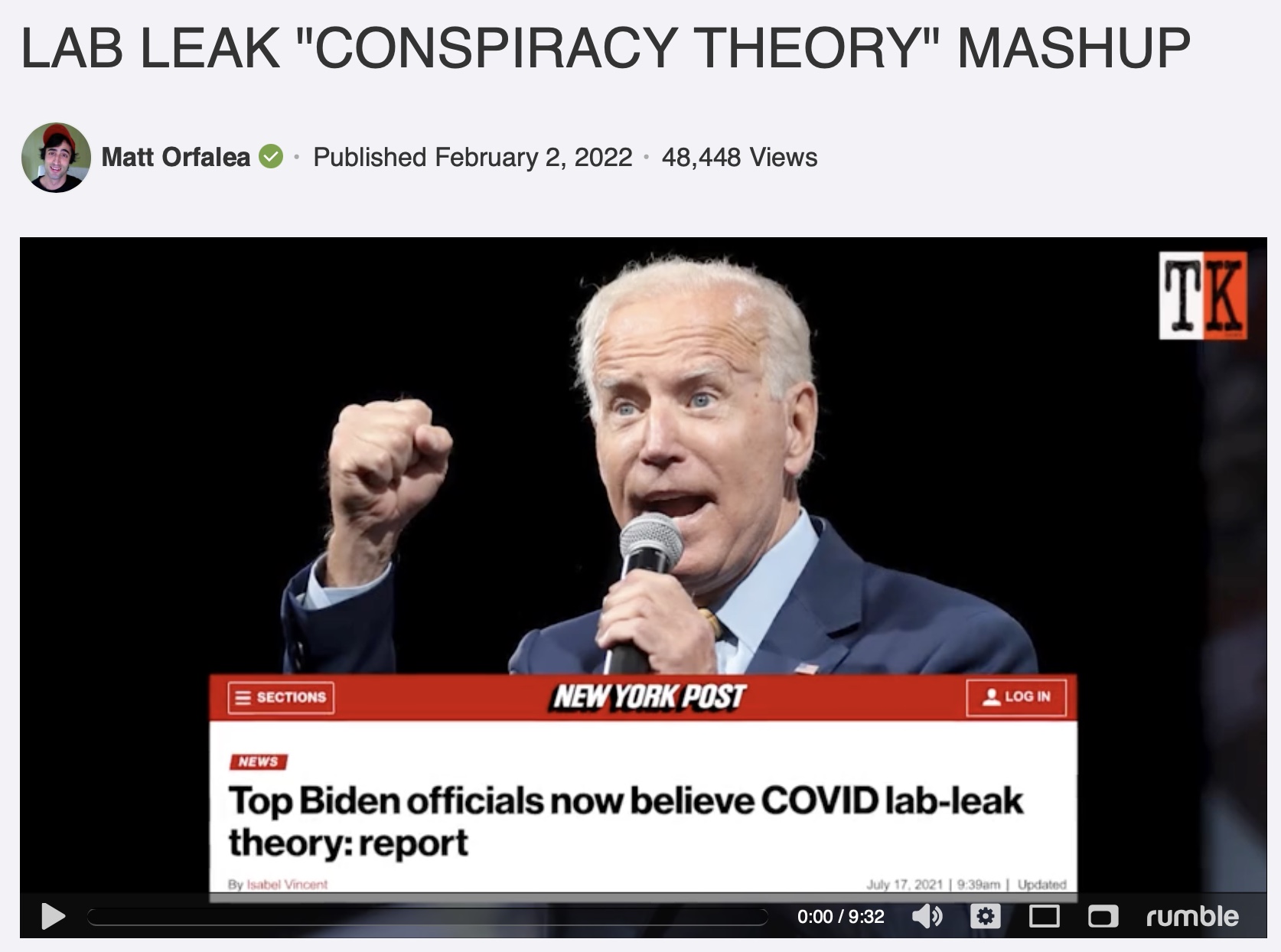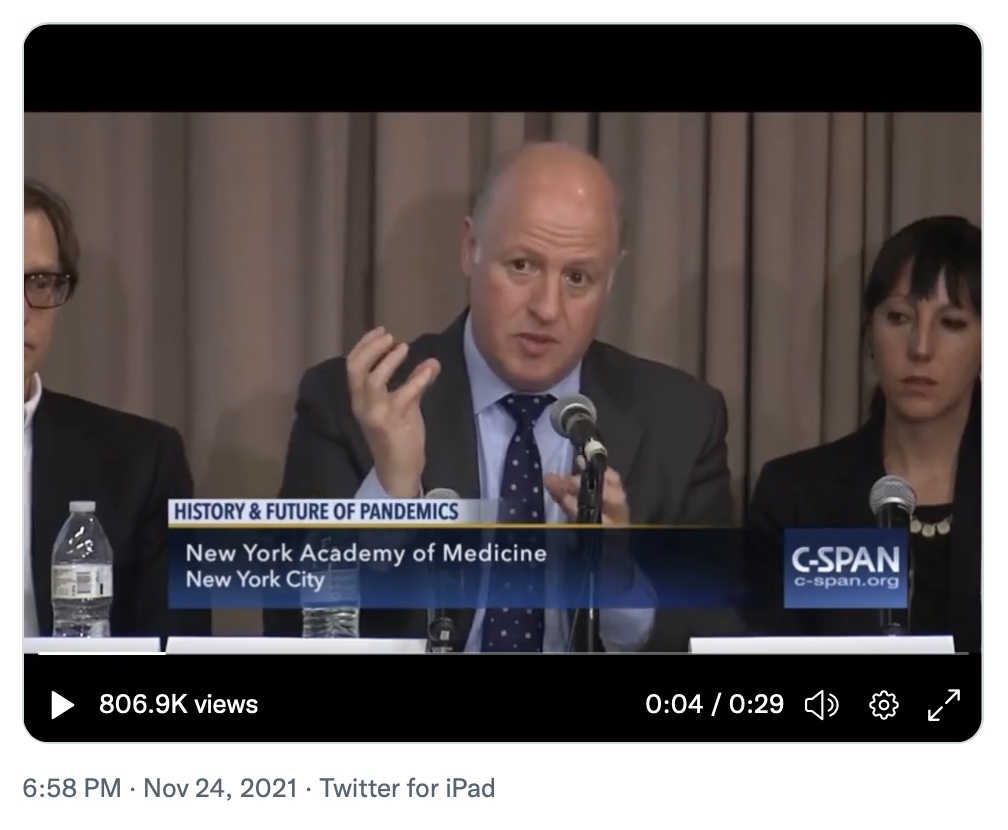Things the Left-Leaning Media Refuses to Discuss
I enjoy listening to Tara Henley's podcasts, even though she unable to get along well with her former employer, the Canadian Broadcasting Corporation. Here is how Bari Weiss describes her departure from CBC:
The story of Tara Henley is the story of countless liberals. Until recently, they were the ones pushing everyone else to be more tolerant, more understanding, more open-minded, more compassionate. Then, something happened — call it ideological succession or institutional capture or the new illiberalism — and, all of a sudden (or so it felt to them), they found themselves to the right of their friends and colleagues. Their crime? Refusing to abandon their principles in the service of some radical, anti-liberal dogma. If you’ve been reading this newsletter, you know well what we’re referring to. (See under: Paul Rossi or Maud Maron or Dorian Abbot.)
And so it was with Henley, an accomplished Canadian journalist whose book, “Lean Out: A Meditation on the Madness of Modern Life,” kind of says it all. Last week, she resigned in style from the Canadian Broadcasting Corporation and struck out on her own here on Substack.
Henley's most recent article offers a list of many of the issues that left-leaning news media currently refuse to cover. The title to her article is "Meet the press: Why much of the media looks and sounds much the same."
Here’s a good place to start: Ask yourself how many liberal media pieces you’ve seen over the past two years that, say, interrogate COVID restrictions critically (especially early on, with school closures, lockdowns, and mask mandates). Or evaluate Black Lives Matter as a political movement, assessing its strengths and weaknesses. Or offer opposing viewpoints on transgender athletes in women’s sports; or mass immigration; or diversity, equity, and inclusion philosophies, trainings, or policies. Or acknowledge the excesses of #MeToo, or prejudice against the white working class. Or present critiques of identity politics. Or explore downsides of puberty blockers and gender transition surgery for teens; or delve into the growing censoriousness on social media and in education, Hollywood, the arts, and NGOs. Or probe inner city gun violence. Or reflect the positive sides of masculinity. Or talk about God. Or reference anything that’s currently deemed a conspiracy theory in non-derogatory terms (see: the lab leak theory). Or express genuine curiosity on the reasons behind the rise of independent media, whether that’s Joe Rogan or Substack.
This, I would argue, is the no-fly list. These are the tripwires.
I’ll admit that, months after leaving legacy media, I still feel an instinctive trepidation even running down this list — that’s how ingrained this is.
[More . . . ]



